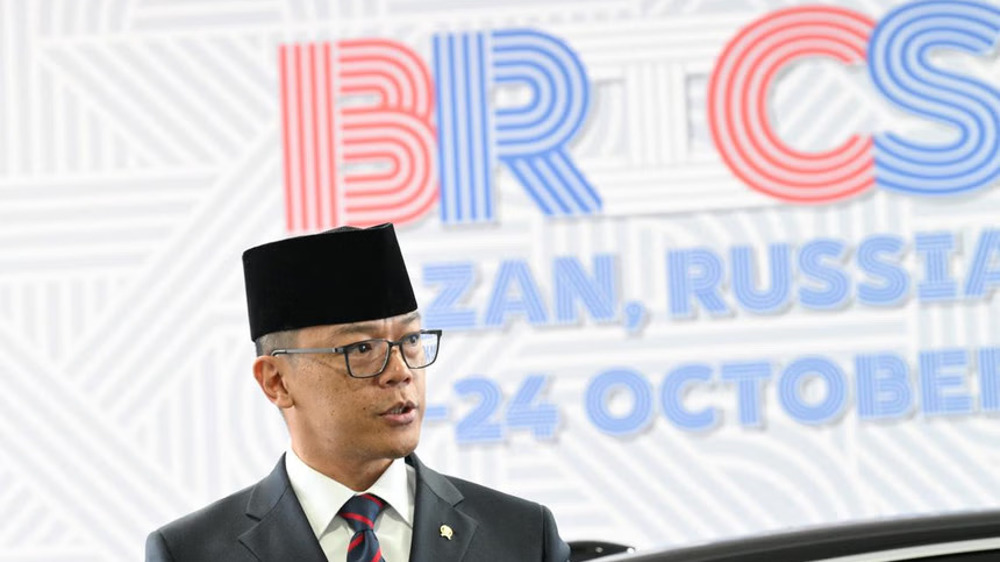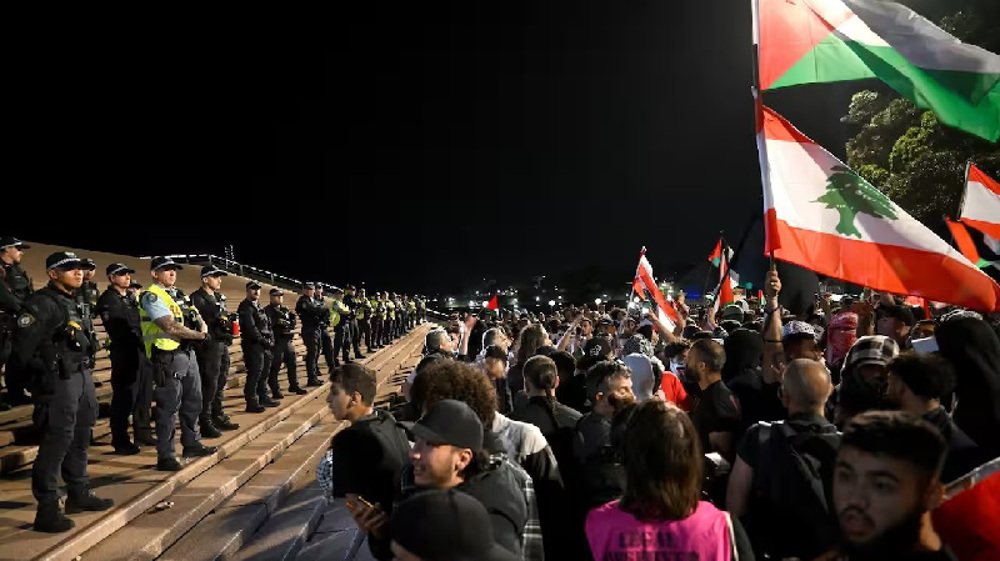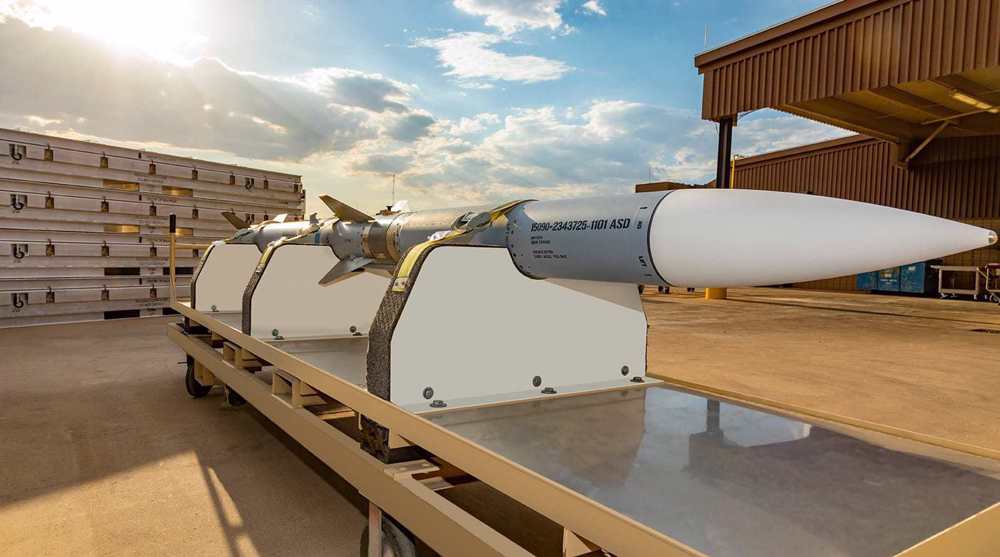Japanese prime minister visits Philippines to boost ties
Japanese Prime Minister Shinzo Abe has arrived in the Philippines for a two-day state visit aimed at boosting bilateral ties.
Abe was welcomed by the Philippine president in the country’s capital of Manila on Thursday, becoming the first foreign leader to visit the Philippines since Rodrigo Duterte he took office last year.
“I chose the Philippines as my first destination this year and that is testament to my primary emphasis on our bilateral relationship,” the Japanese premier said upon arrival in the capital. “I’m committed to elevating our bilateral relationship to a higher ground.”
The two leaders are scheduled to discuss a range of topics, including counter-terrorism and drug rehabilitation projects.
The meeting comes at a time when Duterte has distanced himself away from the US, aiming to maintain closer relations with Japan, which is the Philippines’ largest donor and top trading partner.
As part of a four-nation trip, Abe, leading a high-ranking business delegation, will depart from Manila late on Friday and then head to Australia, Indonesia, and Vietnam.

Meanwhile, prior to Abe’s arrival, about two dozen activists gathered in front of the Japanese Embassy in the Philippines’ capital to denounce the sexual abuse of women by Japanese forces during World War Two.
The activists, led by four female victims, demanded justice for the “comfort women,” or those who were forced to work in Japanese wartime military brothels.
Narcisa Claveria, an 87-year-old who was attending the protest, said she and other former sex slaves had been treated “like pigs” by Japanese troops during the war, lamenting that many of her fellow victims had lost their lives without getting justice.
It is estimated that up to 200,000 women, mainly Korean, were forced to act as sex slaves. Others came from China, the Philippines, Taiwan, and Indonesia.
The last survivors want their suffering to be acknowledged and compensated.
UNRWA unraveled amid Israel's allegations, reduced intl. support
Palestinian journalist, a Sobh Media Festival awardee, killed in Gaza hours before truce
Jan. 15: ‘Axis of Resistance’ operations against Israeli occupation
VIDEO | US fires: Criticism mounts over govt. failure to respond
VIDEO | Fears, hope in Gaza amid intensified ceasefire efforts
VIDEO | Press TV's news headlines
Hamas: Ceasefire agreement result of steadfastness, resistance in Gaza over 15 months
Hamas thanks Iran, Resistance Front following achievement of ceasefire in Gaza










 This makes it easy to access the Press TV website
This makes it easy to access the Press TV website